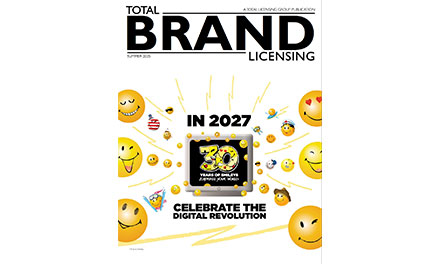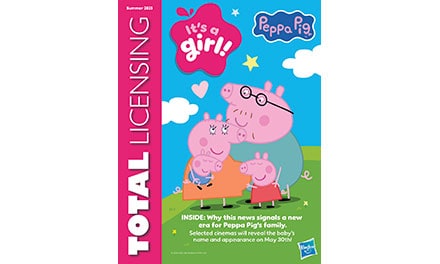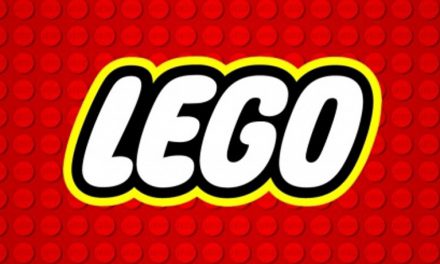
The realities of retailing in the Pandemic Era: Outlook for 2021

2020 was a year like no other – an article from Dependable Solutions
It was a year that we all had to learn new habits and new ways of doing things. And retail was no exception.
Retail is a very people-centered business and COVID-19 caused significant disruption to the sector.
While we do not want to relive 2020, we need to understand the lessons the previous year taught us. More importantly, we are already finished with the first quarter in 2021 when we need to set the bar of expectations and reality, within the retail sector moving forward.
The first half of 2020 witnessed five years of growth in online retail market share, in a matter of weeks. Though a second wave of the COVID-19 virus has pushed back the possibility of a consumer-led recovery to the second half of the year.
However, with eccentric levels of e-commerce sales, growing more in 2021, the High Street scenario has been greatly impacted. We have seen too much change with record number of store closures and people losing jobs, massively reshaping the economy.
It has been recently revealed that The John Lewis Partnership has confirmed that it is not planning to re-open 8 of its 42 John Lewis shops from lockdown as it rebalances its store estate to reflect how consumers want to shop.
The Coronavirus (COVID-19) pandemic has led companies to reflect on their priorities.
Amidst the gloomy nature of 2020, there were some boom moments which we feel will carry forward through 2021. As many say, necessity is the mother of invention. For the year 2020 and beyond, it has never been more true.
With creativity and innovation across the retail sector, here is our take on retail trends that will last throughout 2021 and maybe beyond:
The Digital Switch
Although we can see lockdowns lifted in different parts of the Europe and more citizens getting vaccinated, retail stores are at different levels of advancement.
The pandemic has driven record breaking online grocery penetration across Western Europe along with most of the world. Data from Deloitte’s Global Consumer Tracker shows that 1 in 10 consumers across Europe now shop online for food, where it is close to 30% in the UK.
With consumers quickly adapting to shop online, another factor behind the digital switch is the prime safety concern of shopping in store – fewer than half of UK consumers state that they would feel safe shopping in a store.
Retailers are investing to expand their digital capacity and make the customer experience more seamless and shopper-focused. There are many who are partnering with tech companies to help retain shoppers and drive growth.
Please don’t touch: Experiential Retail is Real
A major turning point for the retail consumer market is the growing significance of customer experience.
It plays critical role in customer attraction, engagement, and retention.
Brands and retailers today approach experiential retail in exclusive ways, reflecting their various goals and different consumer targets.
With promises for the Future, Farfetch UK is already a step ahead in dramatically improving the consumer experience and retail productivity by capturing valuable customer data.
Examples of Farfetch’s digitally-enhanced experiences include:
- Instant customer recognition upon entering the store.
- RFID-enabled clothing stack that auto populates customer’s wish lists with products they were interested in based on their browsing and mobile payment experience.
As experience-based retailers struggled with lower footfall in 2020, the rising cost pressure is existent. Retailers need to be thoughtful of making investments in experiences which should provide value to consumers and add value to a brand’s reputation while delivering constant commercial return.
Sustainable Future
70% of UK consumers say that they are likely to buy more from companies who have strong and proven policies on sustainability ethics.
Sustainability remains at the heart of retailer strategies. Many retailers continue to focus on meeting their goals despite the disruption.
They are prioritizing several sustainable initiatives including introducing alternatives to single-use plastic, making it easier for shoppers to make sustainable choices, and reducing in-house waste. For example, shoppers are highly likely to buy designer’s sunglasses that are made from recycled plastics, retrieved from the sea.
Moving forward in 2021, retailers need to accelerate their efforts to decarbonize operations, products, and their supply chain.
While embracing new habits and new ways of doing things was essential in 2020, it cannot stop for 2021 or beyond. E-commerce, experiential retail, and sustainable initiatives are some of the key trends that will help retail reinvigorate as it creates and innovates new initiatives to engage its customers while driving growth. Expect a sunnier outlook for 2021 and beyond.
















